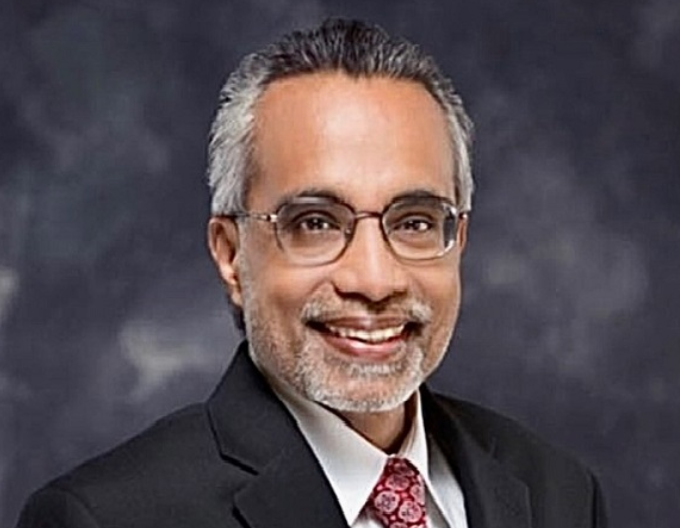Why preventive medicine needs more support | Healthy Bottom Line podcast
Mirza Rahman, president of the American College of Preventive Medicine, talks about the need for more federal support for residency programs and a greater appreciation for population health.
When asked if preventive medicine is gaining more appreciation, Dr. Mirza Rahman clearly wishes he could say yes.
Dr. Mirza Rahman, president of the American College of Preventive Medicine

“Preventive medicine, unfortunately, gets short shrift,” he says.
Rahman, MD, is the president of the American College of Preventive Medicine, an organization of 2,000 physicians. He talks about preventive medicine in the latest installment of the Healthy Bottom Line podcast, which dropped today.
“You would think, post-pandemic, we would recognize the value of preventive medicine physicians, but unfortunately, this is not true,” Rahman says.
Rahman talks about the importance of preventive medicine, which focuses on the broader well-being of patients and communities. He talks about funding challenges for residency programs in population health, even with growing interest from students in those programs.
Most preventive health residency programs don’t have funding from the federal government, he says.
“As a result, these residencies have to chase money,” Rahman says.
Two preventive health residency programs closed last year, and two others are slated to close this year, Rahman says. One of those residency programs closing this year is the preventive health residency program operated by the Centers for Disease Control and Prevention. Rahman notes the CDC residency program has been around for decades.
“When you don't have a change in the structure, you have a systematic underfunding of residency programs all across this country,” Rahman says. “The value placed on preventive medicine is just not there.”
The American College of Preventive Medicine is working to coax policymakers for more support. In the last federal budget, there was an increase of $900,000 in aid for residency programs. Rahman says he’s grateful for an increase, but notes it’s much less than needed. He said there should be another $50 million to $70 million in federal support to ensure that there are enough residency slots for those interested in preventive medicine.
Preventive medicine offers compelling opportunities for aspiring physicians, Rahman says. As an added bonus, it’s also a field of medicine where people can have more of a work-life balance than some other physicians.
“The balance is there in preventive medicine,” he says. “The interest is there in preventive medicine. The work that preventive medicine physicians do across this country is work that is both interesting and important.”
Rahman also talks about the need for more physicians in general, including the difficulties of students with heavy medical debt, and how that deters some from pursuing careers in medicine.
The heavy debts drive some medical students away from preventive medicine and primary care, Rahman notes. Preventive medicine and primary care physicians earn half, or even just a third, of what some specialists earn, so some choose specialties with better compensation, at least in part to get rid of that debt.
Rahman says it’s vital to help entice more medical students to look into preventive medicine as an area where they can really make a difference, from helping people to living healthier lifestyles to stemming the spread of disease. He talked about the work of preventive medicine physicians during the outbreak of Legionnaires’ disease in 1976, and the emergence of HIV.
“We need to foster that interest,” Rahman says. “We need to show them the types of careers they can have and the impact they can have, and to learn about the opportunities to do interesting and important work.”
But again, Rahman also points to the need for more federal support for residency programs in preventive medicine.
“You can’t have more preventive medicine physicians, if you don't have the funding for the residency programs to train them in the specialty,” he says.
ICYMI: Check out our discussion with Rick Gundling of the Healthcare Financial Management Association.